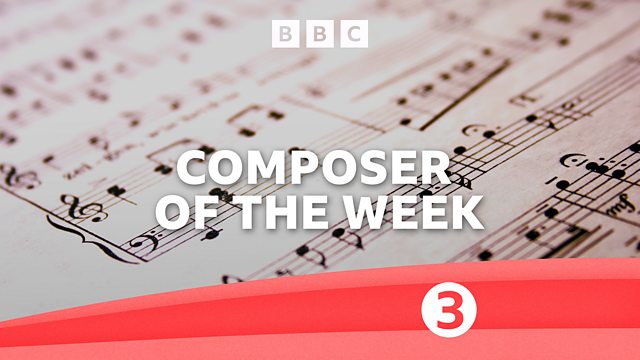
An Unstoppable Force?
Donald Macleod asks why Mozart’s prolific working life underwent such a significant gear change between 1786 and 1787?
Donald Macleod asks why Mozart’s prolific working life underwent such a significant gear change between 1786 and 1787?
Five years before Mozart’s premature death aged 35, the composer felt at the top of his game. He was performing regularly in Vienna and his music was beloved throughout the city. However, the Austro-Turkish War between the Habsburg Monarchy and the Ottoman Empire would soon have a negative impact on Mozart’s prospects, along with changing musical taste in the Austrian capital. The nobility had more important things to do than hold concerts and commission new music. Money was in shorter supply. As a composer for hire, Mozart had to change tack and write chamber music for publication and for performance in middle class homes, rather than concertos for the nobility.
In this episode Donald Macleod explores why Mozart’s extraordinarily prolific working life underwent such a significant gear change between 1786 and 1787. From being beloved throughout Vienna, a string of great works flowing from his pen, Mozart now found himself searching for any paid work, trying to find new students to teach, even offering the furniture in his house as collateral for a loan. This period marked the culmination of the most productive in Mozart’s life. The composition process of The Marriage of Figaro had been challenging, but it unleashed a flood of creativity that found its expression in the non-operatic works Mozart wrote at this time, now acknowledged as unique masterpieces. But a string of events would transform Mozart’s prospects for the worse. And he could have had no idea what lay around the corner.
Horn Concerto No. 4 in E flat major, K. 495
I. Allegro maestoso
Dennis Brain, horn
Philharmonia Orchestra
Herbert von Karajan, conductor
Piano Concerto No. 24 in C minor, K. 491
I. Allegro
Alfred Brendel, piano
Scottish Chamber Orchestra
Charles Mackerras, conductor
Sonata for Piano 4 Hands in F major, K. 497
I. Adagio - Allegro di molto
George Malcolm, piano
András Schiff, piano
Symphony No. 38 in D major, K. 504 “Prague”
I. Adagio – Allegro
Academy of Ancient Music
Christopher Hogwood, conductor
Last on
More episodes
Previous
You are at the first episode
Music Played
-
![]()
Wolfgang Amadeus Mozart
Horn Concerto No 4 in E flat major, K 495 (1st mvt)
Performer: Dennis Brain. Orchestra: Philharmonia Orchestra. Conductor: Herbert von Karajan.- EMI : CDM 5-66898 2.
- EMI.
- 9.
-
![]()
Wolfgang Amadeus Mozart
Piano Concerto No 24 in C minor, K 491 (1st mvt)
Performer: Alfred Brendel. Orchestra: Scottish Chamber Orchestra. Conductor: Charles Mackerras.- PHILIPS : 462-622-2.
- PHILIPS.
- 4.
-
![]()
Wolfgang Amadeus Mozart
Sonata for Piano 4 Hands in F major, K 497 (1st mvt)
Performer: George Malcolm. Performer: Sir András Schiff.- DECCA : 440-474-2.
- DECCA.
- 6.
-
![]()
Wolfgang Amadeus Mozart
Symphony No 38 in D major, K. 504 "Prague" (1st mvt)
Ensemble: Academy of Ancient Music. Conductor: Christopher Hogwood.- Mozart: Symphonies Nos. 38 and 39.
- Decca.
- 5.
Broadcast
- Mon 20 Dec 2021 12:00����ý Radio 3
Beethoven Unleashed – the box set
What was really wrong with Beethoven?
Composers A to Z
Who knew? Five eye-opening stories from Composer of the Week
Five reasons why we love Parry's Jerusalem
What is the strange power of Jerusalem which makes strong men weep?
A man out of time – why Parry's music and ideas were at odds with his image...
The composer of Jerusalem was very far from the conservative figure his image suggests.
Composer Help Page
Find resources and contacts for composers from within the classical music industry.





